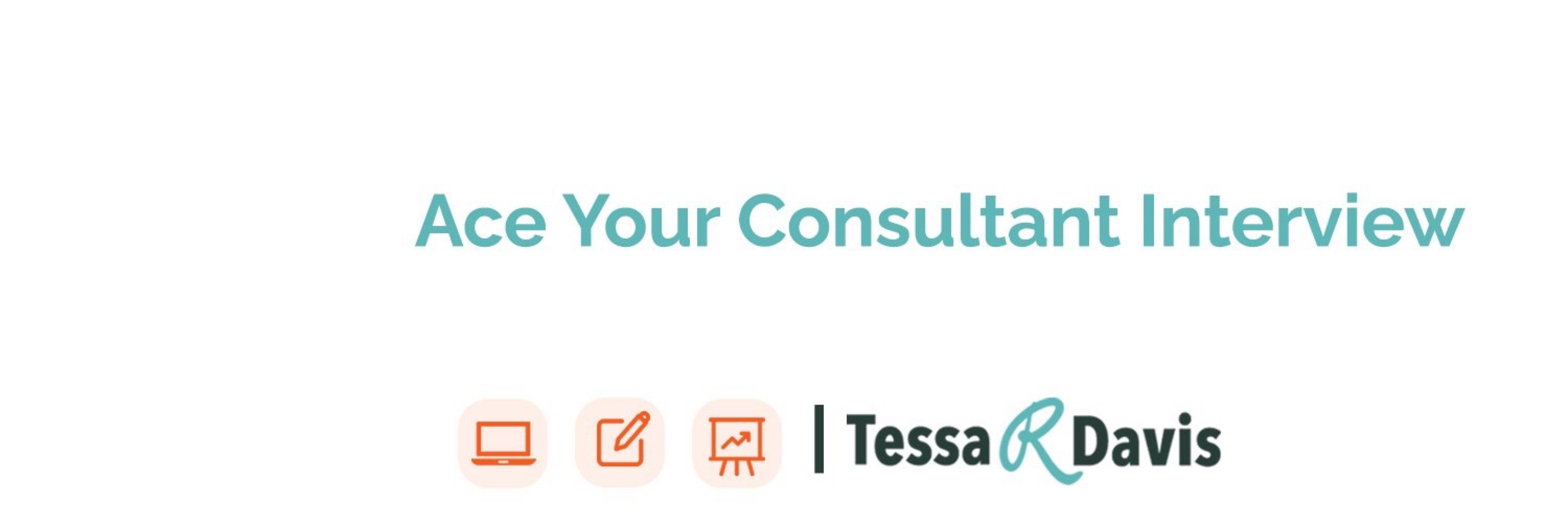
NHS Doctor | Interview Coach | Ghostwriter
www.medicalinterviewprep.com
'I've got time before my interview; I'll practice later.'
The truth?
Early practice identifies weaknesses and strengths.
The more you prep, the more confident you become.
Avoid asking about information readily available or previously discussed.
Don’t ask about leave, pay, or working hours.
Or…just don’t ask one at all.
Don't let lengthy answers derail your interview.
Aim for 3-4 minutes per answer to stay on track.
Think about HOW you'd save the Department money.
Show how you understand how and where savings can be made while still delivering excellent patient care.
Assume they remember nothing.
The interview is your chance to highlight key points and be specific about your skills and experiences.
Think of it as starting with a clean slate.
Ask about:
- The major issues they've faced over the past year
- What they hope to develop in the years ahead
This helps you understand the immediate needs and focus areas of the team.
Structuring your answers helps avoid stress and keeps you confidently on track.
Spotting weak areas.
Maybe it's your conclusion or your intro.
Pinpoint, refine, and perfect with every round.
Know what you offer and communicate it effectively.
It's about matching your strengths with the team’s needs.
It's a chance to showcase your growth.
Dodge 'no-go' weaknesses and plan carefully what you’ll say.
It's normal.
You're reaching out to busy senior clinicians you've never met.
My tip:
Be direct and express interest.
'I’m finishing my training in x and looking at jobs. It would be great to catch up for a chat.'
It’s worth it.
Identify the bottlenecks in patient flow for your specialty.
Think about theatre start times, clinic cancellations, and discharge processes.
How would you improve them?
Break the ice, introduce yourself, and express genuine excitement.
Think about it from the panel’s point of view.
Understand the brief, research the department thoroughly, and remember:
Your presentation should answer the question, not just serve as a knowledge dump.
Present cost-saving strategies and flow efficiencies that resonate with your department’s goals.
DON’T just dive into PowerPoint.
Strategise on paper first, pinpoint the Department's goals, and frame your content to address those directly.
Show that you're thinking like a team member already.
Choose examples that are genuine, show constructive vulnerability, and demonstrate learning.
Integrate them throughout your answers to add depth and relatability.
In interviews, don't shy away from past hurdles.
Show how you've implemented effective strategies to overcome them.
In an interview presentation, it's better to leave them wanting more than to overstay your welcome.
Finish before your time's up to leave a strong impression.
Don’t wait to get cut off.
Focus on what the panel wants to hear.
They need to know your strengths.
Use this to share your passion for the job.
This way, you’ll connect with the panel on a deeper level.
Show how you'll handle:
- Mistakes
- Conflicts
- Challenges
within their team.
That’s what they want to know.
Showcase multiple skills through a single project.
For example:
Implementing a new patient pathway demonstrates leadership, training ability, and dedication to quality care.
Focus on:
- Specific projects
- Placements
- Skills
To showcase your strengths.
Because you'll get at least one specific question about them.
Use them to demonstrate senior-level thinking.
Use a framework for your interview examples.
Start by briefly setting the scene to provide context.
Then, dive into your specific actions.
Finally, reflect on the outcome and what you learned.
This structure showcases your abilities and makes a lasting impression.
Push yourself to share something you feel vulnerable about.
It shows authenticity and growth.
Be sure to:
- Uncover your strengths
- Show your best self to the panel
- Demonstrate your potential to be integral to the team
Shy away from promoting your strengths in the interview.
Do:
Showcase WHY you're the top candidate.

